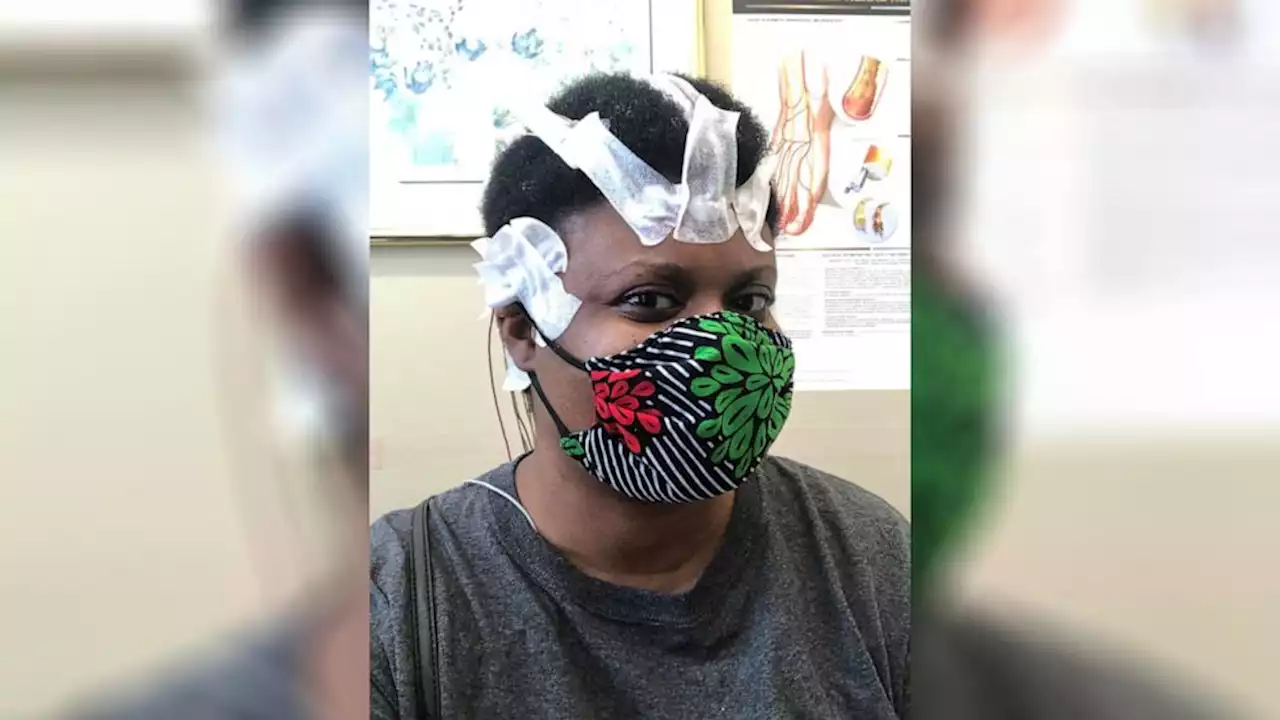Throughout the pandemic, Black Americans have made up a disproportionate share of cases, hospitalizations and deaths. Now, doctors and advocates are warning the Black community is facing another barrier: access to long COVID care.
, with the latest update conducted between Jan. 4 and Jan. 16, 28.7% of Black respondents said they currently have or have had long COVID.
Smith said she contracted COVID in late March 2020. Her symptoms started off with a scratchy throat and soon progressed to a myriad of symptoms including extreme fatigue, a persistent cough, fogginess, headaches, nausea, diarrhea and spinal pain. Smith said she paid more than a dozen visits to doctors and hospitals asking for help, but she said she was discharged after every visit with no treatment plan in place."I felt extremely frustrated," she said. "I was incredibly sad and depressed about that. I felt very despondent.
Black men were injected with syphilis to track progression of the sexually transmitted in infection, but the study was conducted without informed consent and patients never received treatment for the disease. It wasn't until a year and two months after Smith's symptoms first began that she visited a doctor who told her she believed that Smith was suffering from long COVID.
